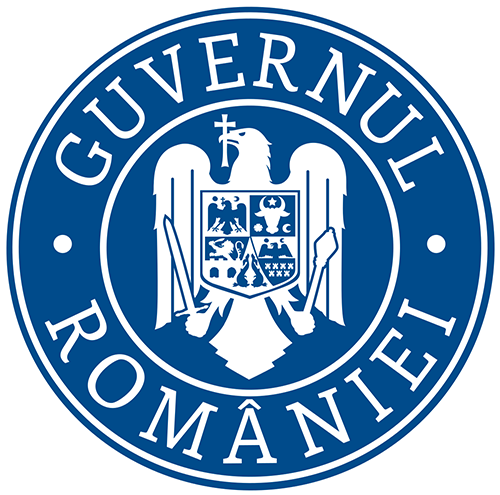The European Institute of Romania (EIR), in partnership with the Trans European Policy Studies Association (TEPSA), organised on 13 March 2024, an online dialogue following the launch of the collective volume entitled: “Enlargement and the Future of Europe: Views from the Capitals”.
The event was opened with a welcome address by Oana Mocanu, the Director General of the European Institute of Romania.
The chapter on Romania, written by Mihai Sebe, Head of European Affairs Department and by Eliza Vaș, Coordinator of Studies Unit (European Institute of Romania), was presented during the event.
In addition, a series of views and opinions on Enlargement process and future of Europe was presented by Kerry Longhurst, Jean Monnet Professor at Collegium Civitas, Warsaw (Poland), Miruna Butnaru-Troncotă, PhD, Associate Professor at the National University of Political Studies and Public Administration, Bucharest (Romania) and Yasen Georgiev, Executive Director, Economic Policy Institute – EPI, Sofia (Bulgaria).
The dialogue was moderated by Michael Kaeding, co-editor of the book, Professor of European Integration and EU Policies, University of Duisburg-Essen (Germany).
The debate was attended by representatives of European and national institutions, experts and researchers from Romania and other EU Member States, representatives of academia, civil society, media, etc.
The event was held in English.
During the debate, the following aspects were highlighted:
- Romania strongly supports the enlargement process of the European Union, which was also observed during its Presidency of the Council of the European Union in the first half of 2019. Enlargement is an effective way to advance the European project. It is a process that focuses on sharing common values.
- The historical context is crucial when discussing enlargement. After the fall of the Iron Curtain, the accession of the former communist bloc states to the European project was interpreted as a return to Europe, seen as a symbol of freedom and prosperity, and this was also beneficial for the European Union, which intensified its economic relations with those states.
- The geopolitical dimension will play a significant role in the next wave of the EU enlargement, but the EU membership is unlikely to contribute radically to resolving frozen conflicts in countries such as Moldova and Georgia. These conflicts may be manipulated by external actors, such as the Russian Federation, which seeks to impede the enlargement process.
- Speeding up the EU membership must be reconciled with a merit-based approach, so that the new wave of enlargement does not entail risks and vulnerabilities either for the European values or for the current candidate countries through a possible perpetuation of internal problems. Basic indicators such as democracy, the fight against corruption, the rule of law, good governance in many candidate countries currently present significant shortcomings and challenges.
- Concerns about the pace of accession, lack of clear deadlines, negotiation fatigue, bilateral issues and potential obstacles can be exploited by those opposed to enlargement.
- Geopolitical, security, economic, social and humanist arguments underpin enlargement, with the European Union acting as a pillar for democracy and prosperity. The war in Ukraine has made even reluctant EU member states realise that enlargement is not a process that should be delayed.




